
Basra: The Gem of Southern Iraq
Basra, located in the southern part of Iraq, is a city rich with history and culture. Known as the 'Venice of the East,' this city is crisscrossed by canals and rivers, offering a unique landscape unlike any other in the Middle East. With its strategic location near the Persian Gulf, Basra has long been a significant port city, serving as a gateway for trade and cultural exchange for centuries. Visitors will be enchanted by Basra's blend of ancient and modern influences. The city is home to several historical sites, including the Basra Museum, which showcases artifacts from the city's storied past. Don't miss the chance to explore the Old Mosque of Basra, one of the oldest mosques in the world, and the Ashar Creek, where traditional wooden boats called 'mashoof' still ply the waters. Basra's vibrant markets, such as the Basra Souq, offer a sensory feast with their array of spices, textiles, and local crafts. The city's cuisine is another highlight, featuring delicious seafood dishes that reflect its coastal heritage. Whether you're wandering through its bustling streets or relaxing in its serene parks, Basra promises a rich and rewarding travel experience.
Local tips in Basra
- Visit during the cooler months from November to March to avoid the extreme heat.
- Dress modestly and respect local customs, especially when visiting religious sites.
- Try the local seafood, particularly the grilled fish dishes which are a specialty.
- Take a boat ride along the Shatt al-Arab river for a unique view of the city.
- Hire a local guide to gain deeper insights into the city's history and culture.
Basra: The Gem of Southern Iraq
Basra, located in the southern part of Iraq, is a city rich with history and culture. Known as the 'Venice of the East,' this city is crisscrossed by canals and rivers, offering a unique landscape unlike any other in the Middle East. With its strategic location near the Persian Gulf, Basra has long been a significant port city, serving as a gateway for trade and cultural exchange for centuries. Visitors will be enchanted by Basra's blend of ancient and modern influences. The city is home to several historical sites, including the Basra Museum, which showcases artifacts from the city's storied past. Don't miss the chance to explore the Old Mosque of Basra, one of the oldest mosques in the world, and the Ashar Creek, where traditional wooden boats called 'mashoof' still ply the waters. Basra's vibrant markets, such as the Basra Souq, offer a sensory feast with their array of spices, textiles, and local crafts. The city's cuisine is another highlight, featuring delicious seafood dishes that reflect its coastal heritage. Whether you're wandering through its bustling streets or relaxing in its serene parks, Basra promises a rich and rewarding travel experience.
When is the best time to go to Basra?
Iconic landmarks you can’t miss
Basra Times Square Mall
Experience modern shopping, dining, and entertainment at Basra Times Square Mall, the heart of Basra's social life and a symbol of its urban development.
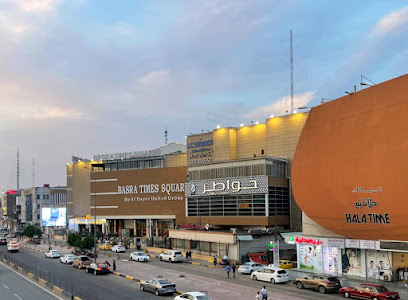
Shanshal Mall
Experience modern shopping, dining, and entertainment at Shanshal Mall, Basra's premier retail destination.
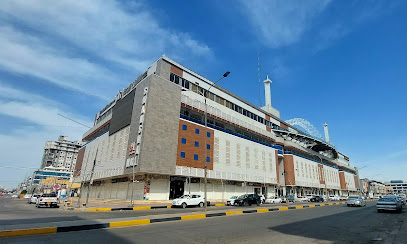
Basra Family Park
Enjoy a family-friendly escape in Basra Family Park with amusement rides and waterfront fun for everyone.
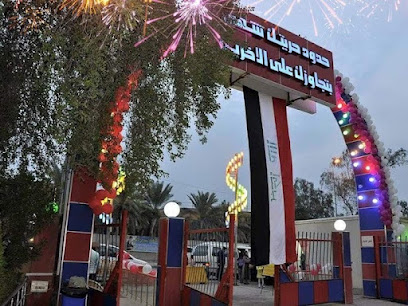
Al Moosawi Grand Mosque
Discover the architectural beauty and spiritual significance of Basrah's Al Moosawi Grand Mosque, a cultural and religious landmark.
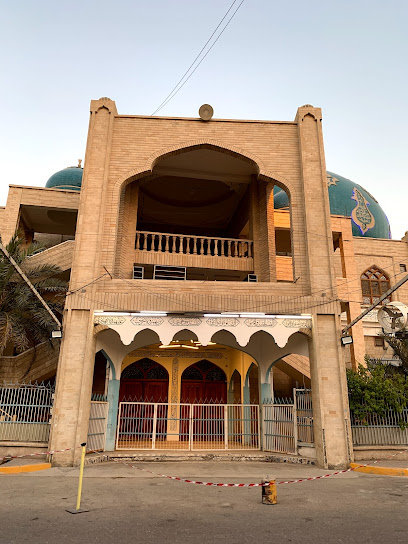
Italian Bridge
Discover the Italian Bridge in Basrah: A stunning architectural marvel offering scenic views and a glimpse into the city's vibrant culture and history.
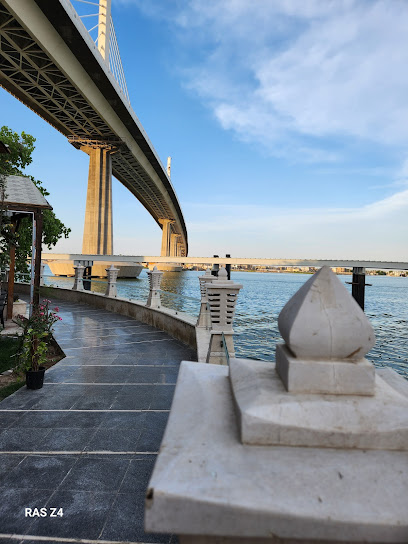
Basra International Airport
Your gateway to exploring the historical and cultural richness of Basra and Southern Iraq, connecting you to the world.
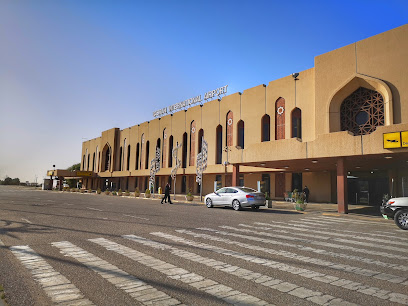
Grand Millennium Al Seef Basra
Experience luxury and Iraqi hospitality at the Grand Millennium Al Seef Basra, a modern retreat in the heart of historic Basra.
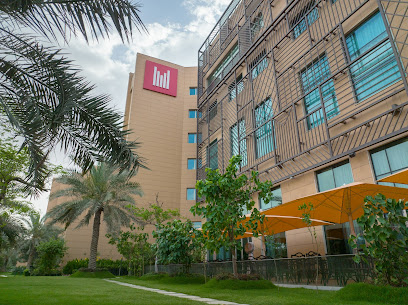
Julphar Park
Experience fun and relaxation at Julphar Park in Basrah, a perfect destination for families and thrill-seekers alike!
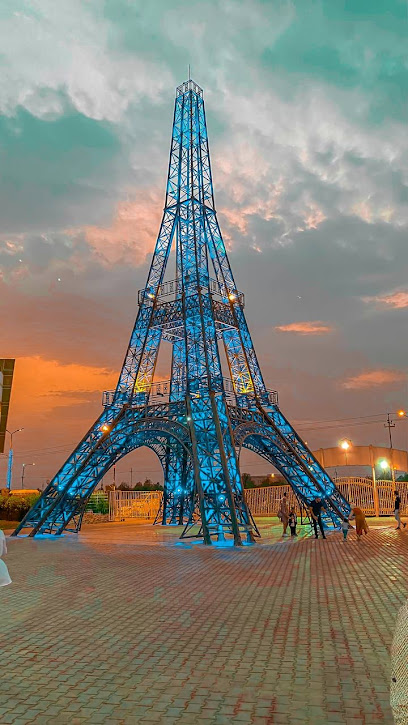
Shatt Al Arab Restauarant
Experience authentic Iraqi cuisine with stunning waterfront views at Shatt Al Arab Restaurant, a culinary gem in the heart of Basrah.
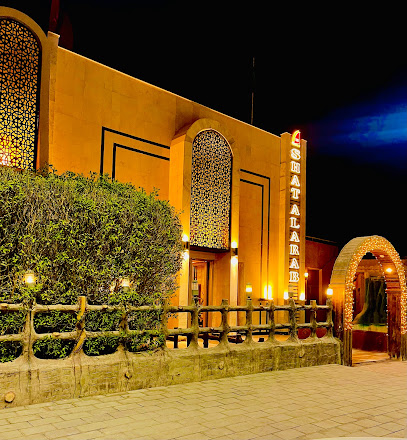
Cornish amusements park
Experience thrilling rides and family fun at Cornish Amusements Park in Basrah, a perfect spot for an exciting day or evening out!
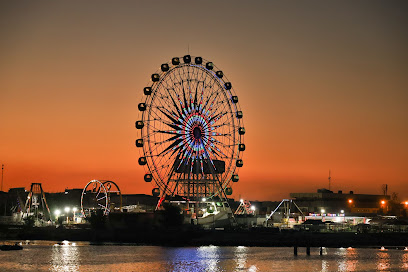
Le Moulin D'or
Experience the taste of France in Basrah at Le Moulin D'or, offering fresh, high-quality pastries and baked goods since 2017.
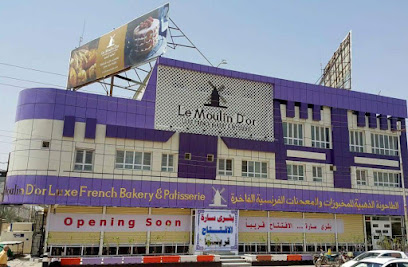
Grape leaves
Experience authentic Middle Eastern cuisine at Grape Leaves in Basra, a culinary gem offering traditional flavors and a welcoming atmosphere.
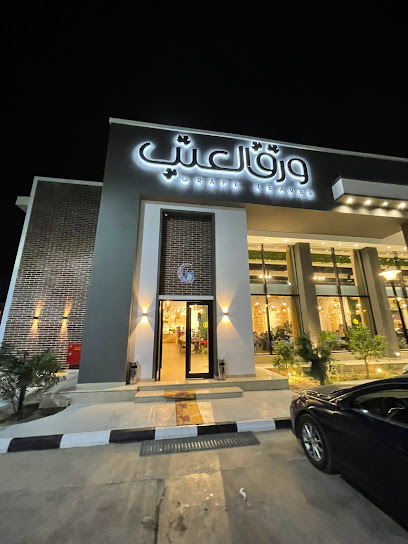
نافورة الأمل المائية
A modern water fountain in Basra's Al-Amal complex, offering a refreshing and visually appealing experience for locals and tourists alike.
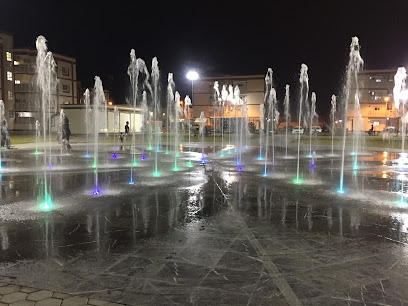
BASRAH BOWLING CENTER
Enjoy a modern bowling experience and leisure activities at Basrah Bowling Center, a vibrant sports complex perfect for families and tourists.
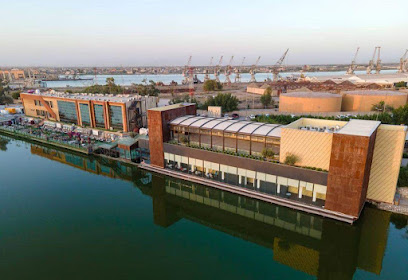
مرطبات ابن عرندس
Cool down in Basrah with delicious ice cream and refreshing drinks at مرطبات ابن عرندس!
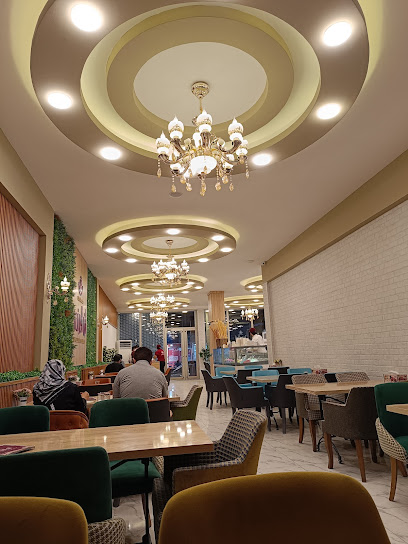
Unmissable attractions to see
Basra Family Park
Experience fun and relaxation at Basra Family Park, a modern recreational oasis with amusement rides and waterfront activities for the whole family.
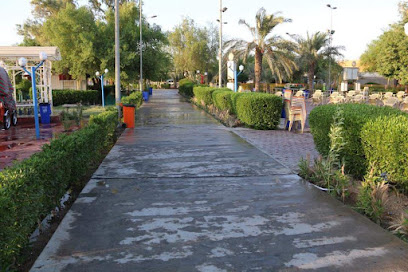
نافورة شط العرب الراقصة
Experience the magic of water, light, and music at Basrah's stunning Shatt Al-Arab Dancing Fountain on the Corniche.
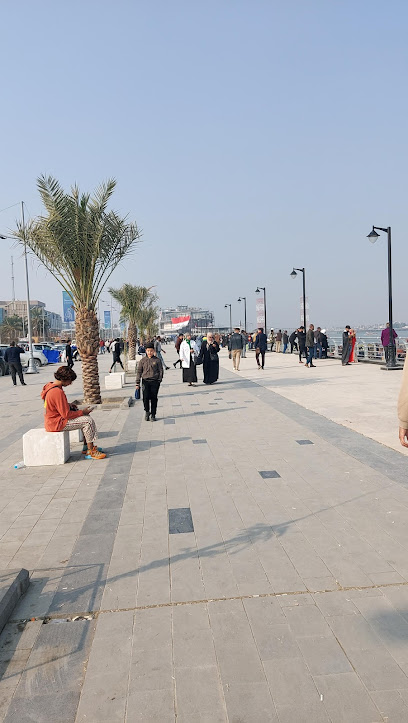
Julphar Park
Experience fun and excitement at Julphar Park in Basrah, offering a variety of rides and attractions for the whole family.
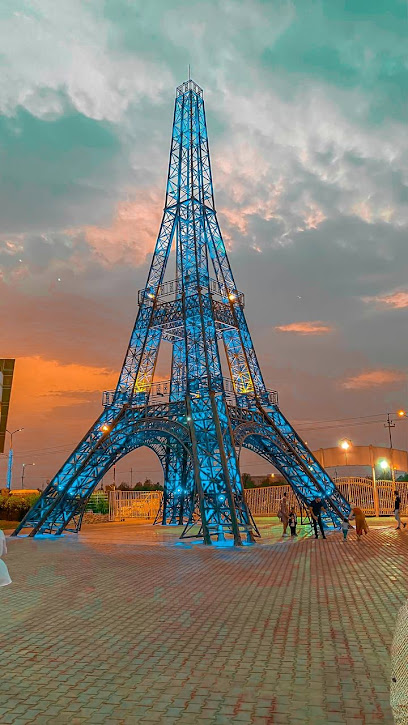
Basra Cultural Museum
Discover the cradle of civilization at the Basra Cultural Museum, a treasure trove of Mesopotamian history and heritage.
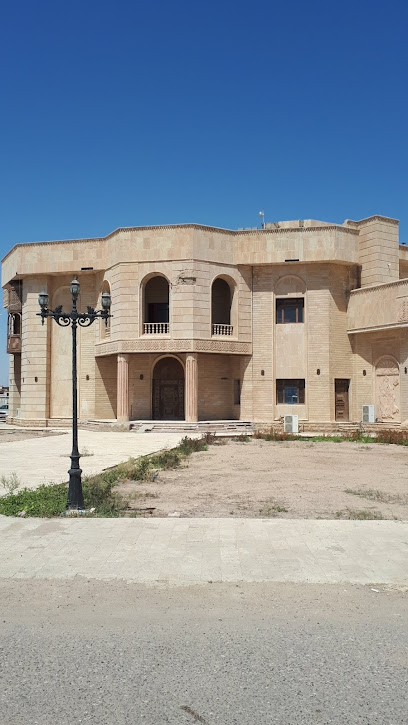
Al-Andalus Family Park
Escape to Al-Andalus Family Park in Basrah: lush greenery, family fun, and tranquil relaxation in the heart of the city.
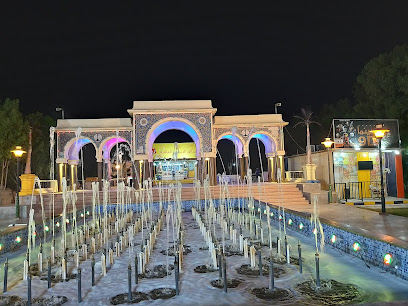
Asian Cup Park
A vibrant green space in Basrah, perfect for family outings, relaxation, and enjoying the city's sporting atmosphere.
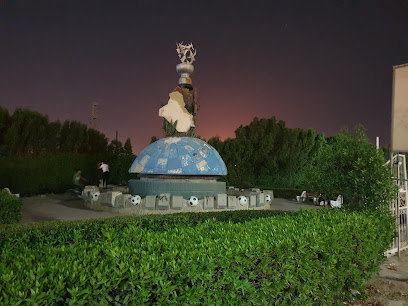
Natural History Museum - متحف التاريخ الطبيعي
Explore Iraq's natural heritage at the Natural History Museum in Basrah, showcasing diverse ecosystems and wildlife.
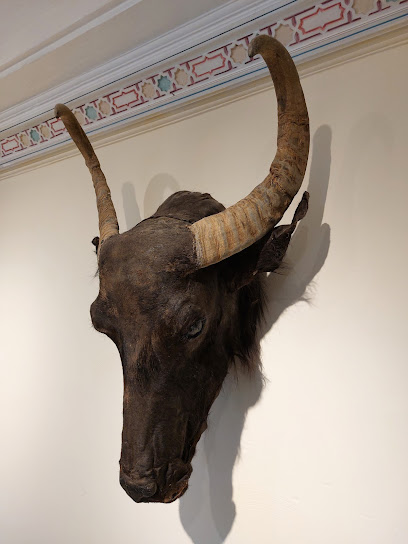
Basrah Escape Room
Experience the thrill of the escape at Basrah Escape Room! Solve puzzles, uncover mysteries, and create unforgettable memories with friends and family.
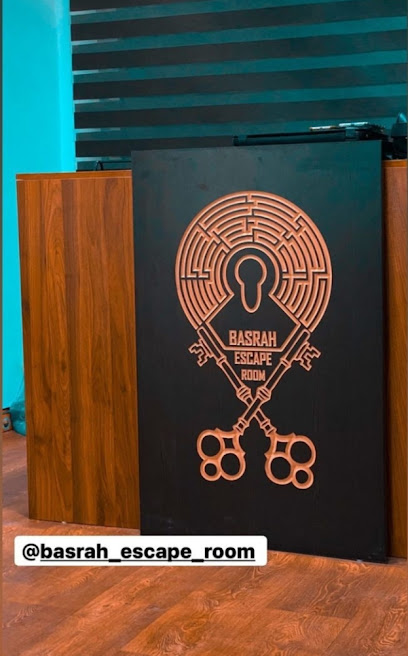
پارک
Discover the enchanting beauty of پارک, a tranquil green oasis in Basrah perfect for relaxation and family outings.
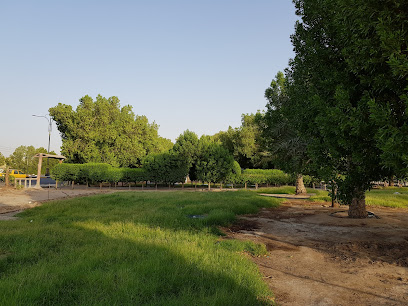
تمثال شفقة العامل في المعقل
Discover the Shafqah Workers Memorial Park, a serene oasis in Basrah honoring the contributions of laborers to the region's rich history and culture.
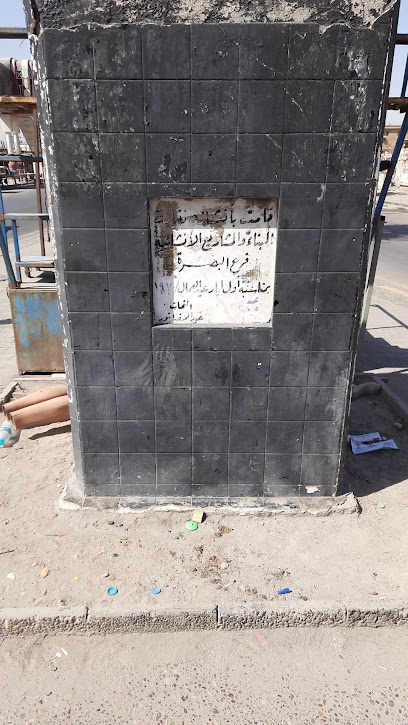
Al hakeemia fountains
Experience tranquility at Al Hakeemia Fountains, a beautiful park in Basrah perfect for relaxation, leisure, and cultural exploration.
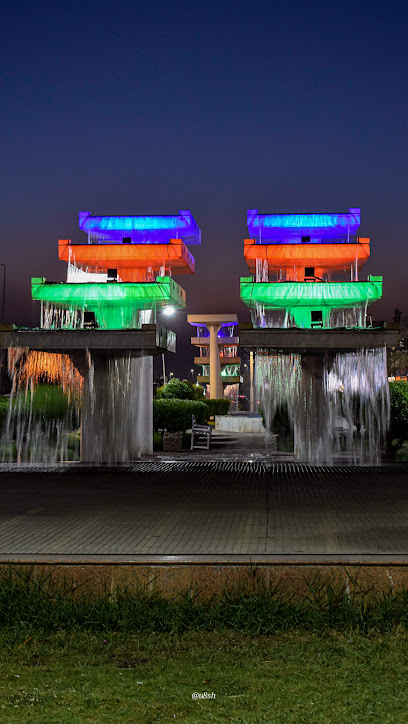
تمثال عتبة بن غزوان المازني
A memorial to Utbah bin Ghazwan, a companion of the Prophet Muhammad and founder of the city of Basrah.
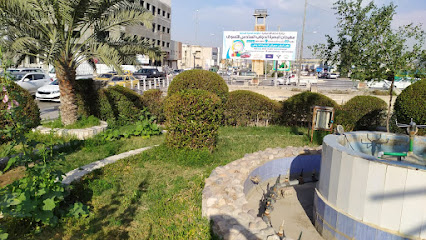
Lion of babylon
Explore the Lion of Babylon in Basrah, a park that celebrates Mesopotamia's ancient culture with a symbolic lion statue and serene atmosphere.
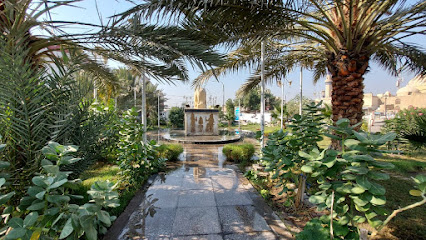
ساعة الجزائر
Discover the rich history and vibrant culture of Basrah at the iconic Clock Tower, a must-visit landmark in Iraq.
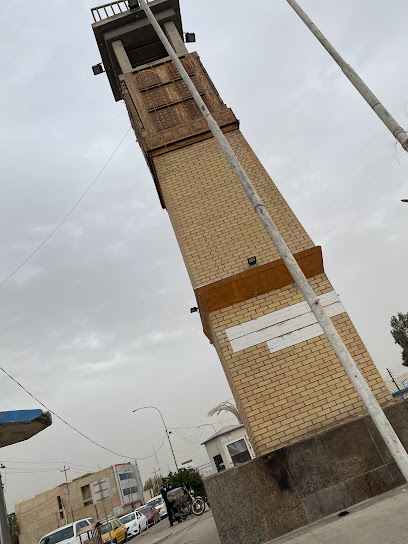
الممشى الجسري
Experience the beauty of Basrah at Al-Mamsha Al-Jasri, a vibrant waterfront promenade offering scenic views and a relaxing atmosphere along the Shatt al-Arab River.
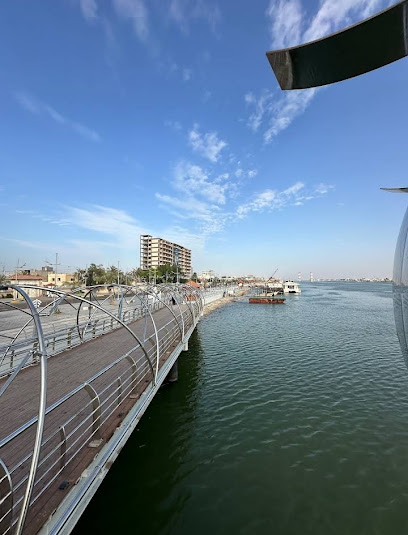
Essential places to dine
BBQ Manqal
Discover delicious grilled delicacies at BBQ Manqal in Basrah – where every bite tells a story of rich Iraqi flavors.
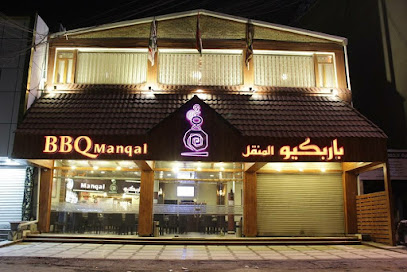
AlTazaj Snack Restaurant
Discover the vibrant flavors of Middle Eastern cuisine at AlTazaj Snack Restaurant in Basrah—perfect for breakfast, lunch, or a quick snack.
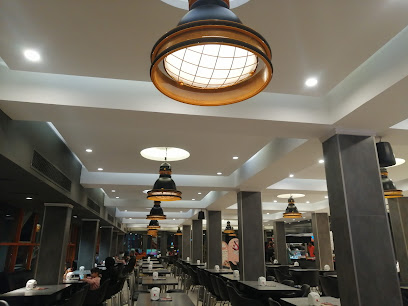
Al Azaim Restaurant
Experience the authentic flavors of Basrah at Al Azaim Restaurant - perfect for families and breakfast lovers alike.
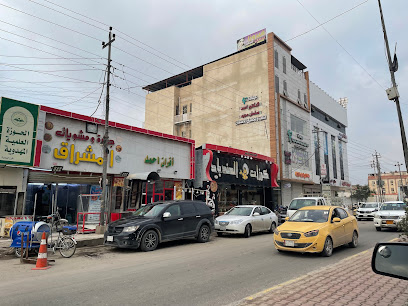
Zarzour Restaurant
Experience authentic Middle Eastern flavors at Zarzour Restaurant in Basrah - a culinary delight for every food lover.
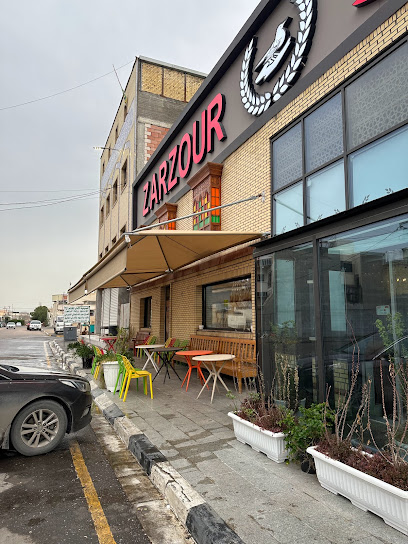
مطعم الحسون
Discover the flavors of Iraq at مطعم الحسون in Basrah - where tradition meets modern dining in a vibrant atmosphere.
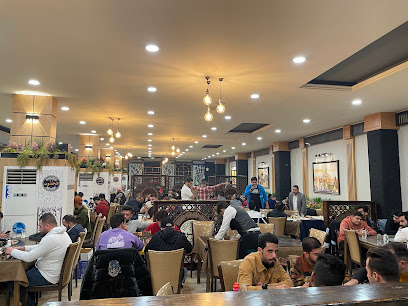
Shanashil Al-Basra Restaurant
Discover authentic Iraqi flavors at Shanashil Al-Basra Restaurant in Basrah - where tradition meets taste.
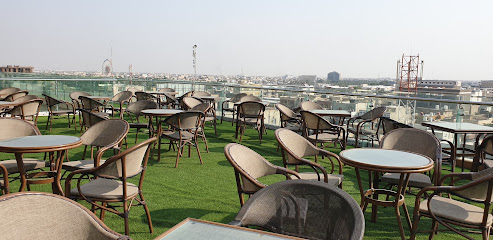
Shatt Al Arab Restauarant
Discover authentic Iraqi cuisine with stunning views at Shatt Al Arab Restaurant in Basrah.
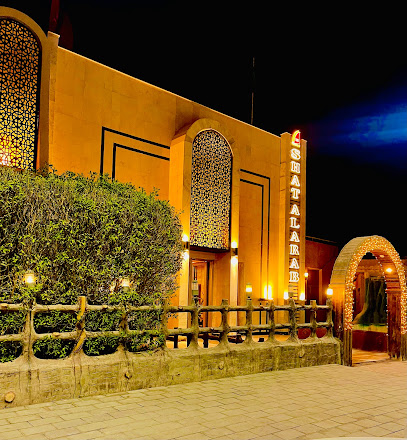
Grape leaves
Experience authentic Middle Eastern cuisine at Grape Leaves in Basra—where tradition meets flavor in every dish.
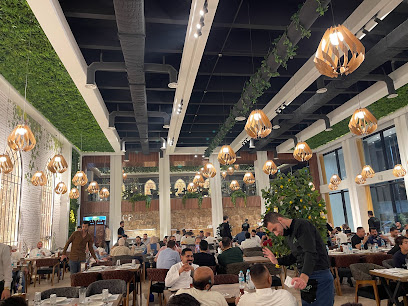
360 Restaurants
Discover exquisite flavors and breathtaking views at 360 Restaurants in Basra – a must-visit culinary destination.
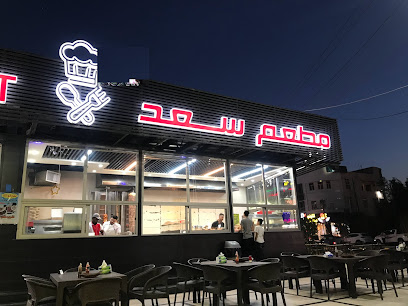
Top Organic Basra
Experience authentic Turkish flavors at Top Organic Basra – where every dish tells a story through rich spices and fresh ingredients.
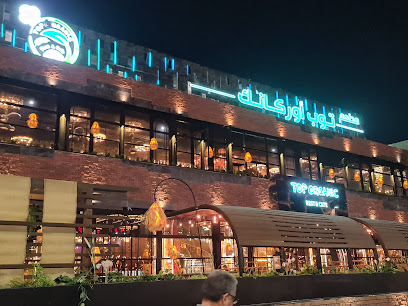
Nandos Grill
Experience delicious grilled dishes at Nandos Grill in Basrah, where flavor meets hospitality in a vibrant atmosphere.
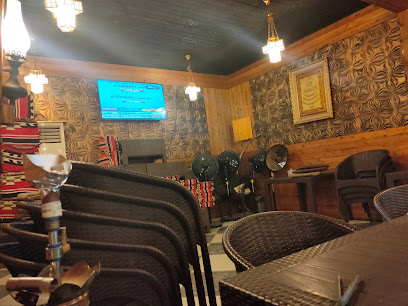
مطعم وحدائق الحسون
Enjoy delicious cuisine in a serene garden setting at مطعم وحدائق الحسون – the perfect family-friendly destination in Basrah.
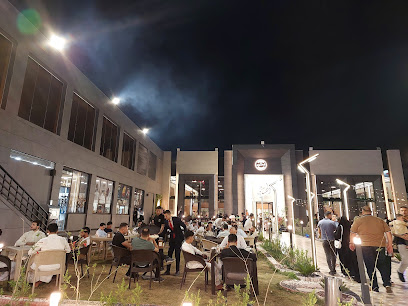
Filis Restaurant
Discover the authentic taste of Iraq at Filis Restaurant in Basrah – where tradition meets flavor in every dish.
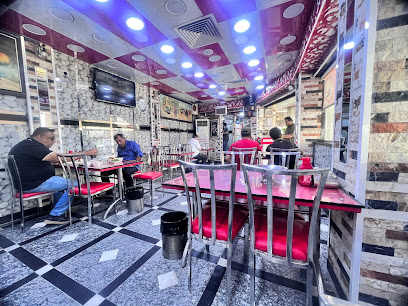
Hekaya Restaurant
Experience authentic Iraqi flavors at Hekaya Restaurant in Basrah—where tradition meets taste in every bite.
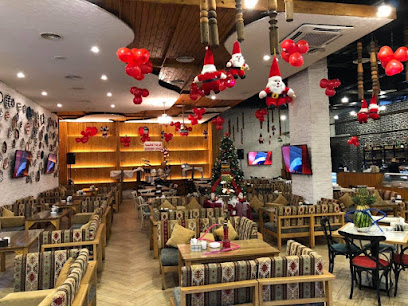
TCHE TCHE Cafe and Restaurant
Experience the rich flavors of Iraq at Tche Tche Cafe and Restaurant in Basrah – where tradition meets modern dining.
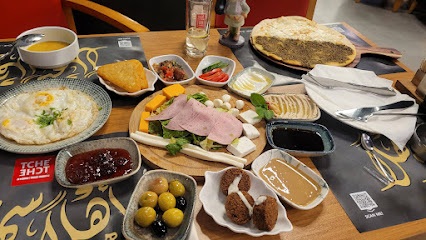
Markets, malls and hidden boutiques
Basra Times Square Mall
Discover the heart of shopping and leisure at Basra Times Square Mall, where modern retail meets rich local culture.
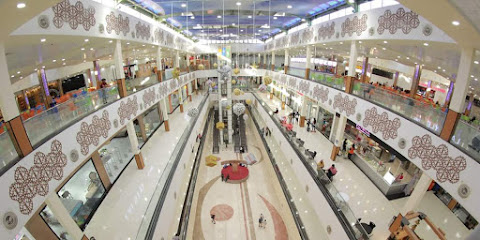
Shanshal Mall
Experience the vibrant shopping and dining culture at Shanshal Mall, a top destination in Basrah for tourists seeking local and international brands.
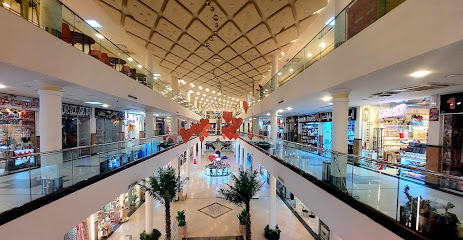
Ozoon O3
Discover the latest fashion trends at Ozoon O3, a vibrant clothing store in Basrah, offering stylish apparel for all occasions.
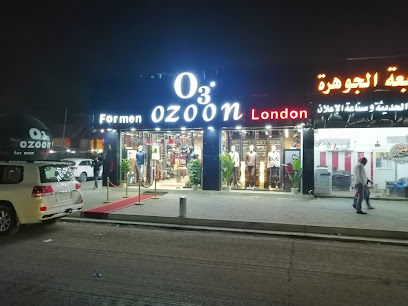
Markah Mall
Experience a vibrant shopping atmosphere at Markah Mall in Basrah, where local and international clothing brands meet cultural charm.
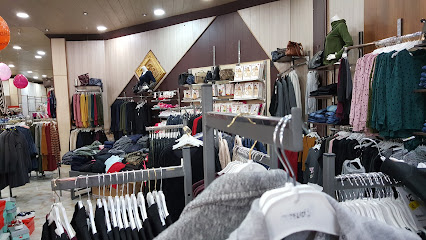
Basra Amazon
Explore Basra Amazon for an unforgettable cosmetics shopping experience, showcasing local and international beauty brands in the heart of Basrah.
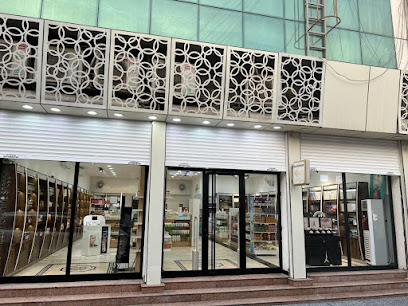
ازياء كشخة سكوير
Explore the vibrant world of fashion at Khashkha Square, Basrah's top clothing store offering diverse styles and a welcoming atmosphere.

معرض بصرة هوم للبضائع الأوربية
Explore the vibrant European Goods Exhibition in Basra, a unique shopping destination featuring vintage clothing, tools, and diverse services for every visitor.
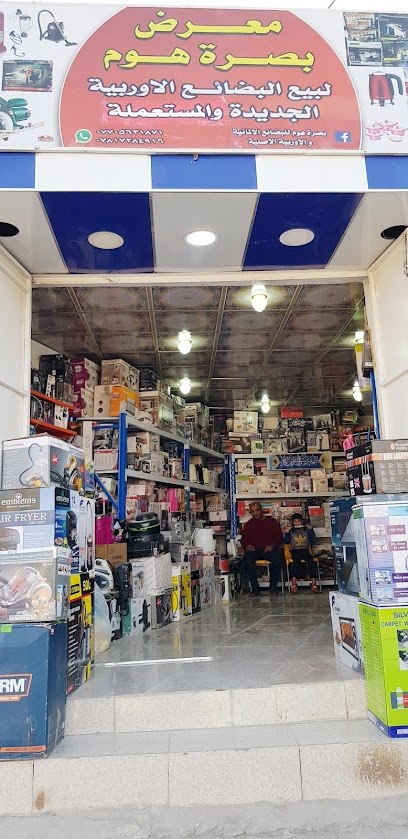
Cosmetics Basrah Collection
Explore the vibrant Cosmetics Basrah Collection, where beauty meets variety in the heart of Basrah, Iraq - a must-visit for all beauty enthusiasts.
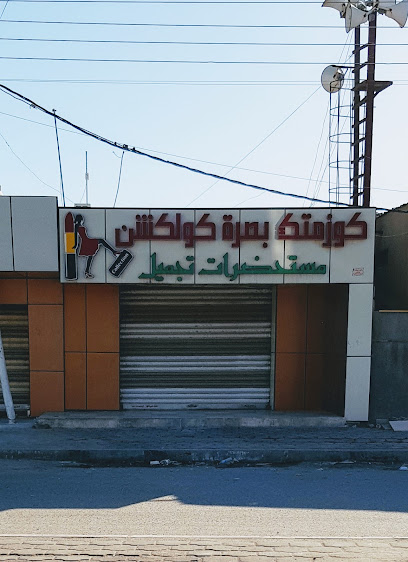
ازياء اوسكار
Discover trendy fashion at Ozkar Clothing Store in Times Square Mall, Basra – a vibrant shopping experience awaits!
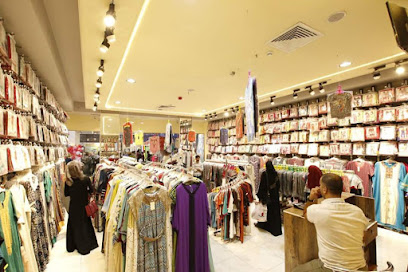
ishop اي شوب
Explore the latest electronics and gadgets at ishop اي شوب in Basra, where technology meets convenience in a vibrant market setting.
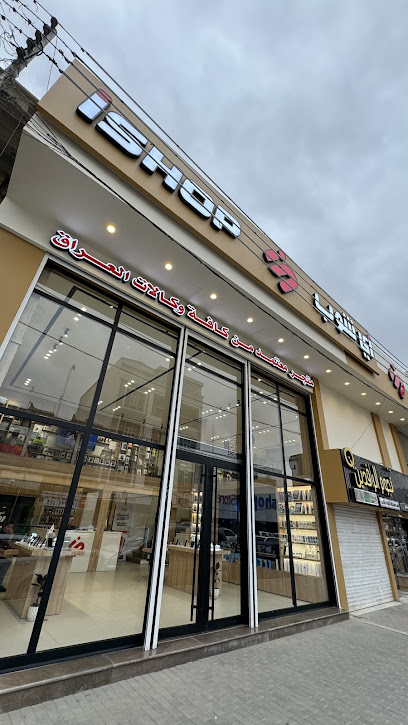
5.11 Tactical Store
Discover high-quality tactical gear at the 5.11 Tactical Store in Basrah, where adventure meets practicality for outdoor enthusiasts.
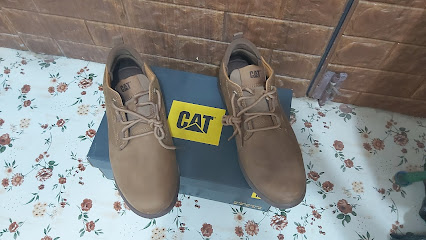
Shopping Shop - Basra Times Square Mall
Explore the latest fashion trends at the Shopping Shop in Basra Times Square Mall, where style meets local culture in a vibrant shopping atmosphere.
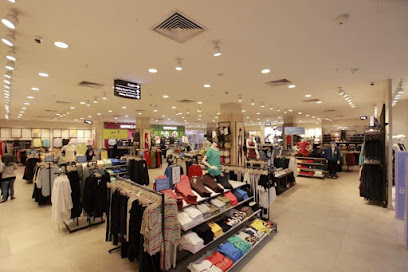
Kuwait Shop
Experience the vibrant shopping culture of Basrah at Kuwait Shop, where tradition meets modernity in a delightful retail experience.
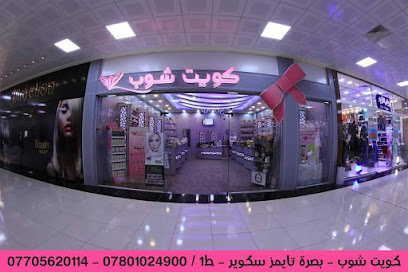
جنينه
Explore a treasure trove of literature at جنينه, Basrah's beloved bookstore, where stories come alive in a cozy setting.

game
Explore Basrah's premier game store, offering a vast selection of video games, consoles, and gaming accessories for enthusiasts and families.
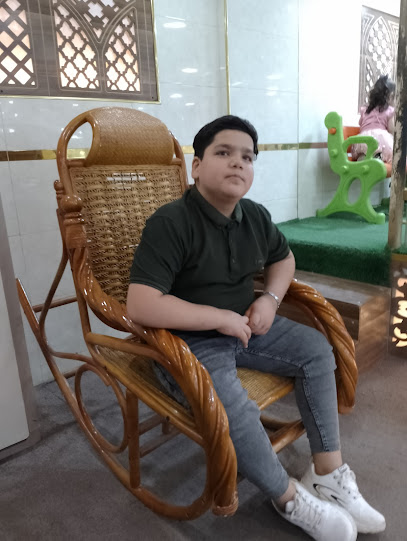
Essential bars & hidden hideouts
عباس
Experience the vibrant nightlife at Abbas, a lively bar in Basrah, where local culture meets modern entertainment.

سيد براء لمطابخ التركيا
Savor the authentic tastes of Turkey at سيد براء لمطابخ التركيا, a culinary gem in Basrah offering a delightful dining experience.

توديع
Discover توديع, a lively bar in Basrah offering a unique blend of local culture, drinks, and vibrant nightlife in a warm and inviting atmosphere.

دورنكو
Experience the lively atmosphere and local culture at دورنكو, Basrah's favorite bar for relaxation and entertainment.

البصره
Explore البصره's vibrant bar scene, where tradition meets modern nightlife in Iraq's historic port city.

نب
Discover the vibrant nightlife of Basrah at نب, where local culture meets a lively bar atmosphere for an unforgettable experience.

شط السكك
Experience the vibrant nightlife and local flavors at شط السكك, a must-visit bar in the heart of Basrah, Iraq.

العلي
Experience the lively nightlife at Al Ali Bar in Basrah, where locals and tourists come together for unforgettable evenings filled with drinks and laughter.

فيب
Discover the lively bar scene in Basrah at فيه, where local culture meets vibrant nightlife and refreshing drinks.

باباعامر
Discover the vibrant nightlife at باباعامر in Basrah, where local culture blends with a welcoming bar atmosphere and an extensive drink menu.

محمد
Experience the vibrant local nightlife at a charming bar in Abu Al-Khaseeb, where drinks and friendships flow in a lively atmosphere.

بيت منير
Experience the vibrant nightlife of Basrah at بيت منير, a popular bar where locals and tourists gather for unforgettable evenings filled with good drinks and great company.

الصعده
Experience the vibrant nightlife of Basrah at الصعده, a lively bar that blends local culture with modern entertainment.

راحتي
Experience the vibrant nightlife at راحتي, Basrah's premier bar offering local drinks, live music, and a lively atmosphere.

Local Phrases
-
- Helloمرحبا
[marhaba] - Goodbyeوداعا
[wadaa] - Yesنعم
[naam] - Noلا
[laa] - Please/You're welcomeمن فضلك/على الرحب والسعة
[min fadlek/ala ar-rahb was-saah] - Thank youشكرا
[shukran] - Excuse me/Sorryعذرا
[athara] - How are you?كيف حالك؟
[kayf halak?] - Fine. And you?بخير. وأنت؟
[bikhayr. wa anta?] - Do you speak English?هل تتحدث الإنجليزية؟
[hal tatahadath al-inglizia?] - I don't understandلا أفهم
[la afham]
- Helloمرحبا
-
- I'd like to see the menu, pleaseأريد أن أرى القائمة، من فضلك
[urid an ara al-qaemah, min fadlek] - I don't eat meatأنا لا آكل اللحم
[ana la akol al-lahm] - Cheers!صحتين!
[sahtain] - I would like to pay, pleaseأود أن أدفع، من فضلك
[awad an adfa, min fadlek]
- I'd like to see the menu, pleaseأريد أن أرى القائمة، من فضلك
-
- Help!النجدة!
[al-najda!] - Go away!انصرف!
[insarf!] - Call the Police!اتصل بالشرطة!
[itassal bilshurta!] - Call a doctor!اتصل بالطبيب!
[itassal biltabib!] - I'm lostأنا ضائع
[ana daya] - I'm illأنا مريض
[ana mareed]
- Help!النجدة!
-
- I'd like to buy...أريد أن أشتري...
[urid an ashtari...] - I'm just lookingأنا فقط أتفرج
[ana faqat atfarg] - How much is it?كم سعرها؟
[kam saerha?] - That's too expensiveهذا غالي جدا
[hatha ghali jiddan] - Can you lower the price?هل يمكنك خفض السعر؟
[hal yumkinuk kafd al-saer?]
- I'd like to buy...أريد أن أشتري...
-
- What time is it?كم الساعة؟
[kam al-saa'a?] - It's one o'clockالواحدة
[al-wahidah] - Half past (10)العاشرة والنصف
[al-ashirah wan-nisf] - Morningالصباح
[al-sabah] - Afternoonالظهر
[al-dhuhr] - Eveningالمساء
[al-masa] - Yesterdayالبارحة
[al-barehah] - Todayاليوم
[al-yawm] - Tomorrowغدا
[ghadan] - 1واحد
[wahid] - 2اثنان
[ithnan] - 3ثلاثة
[thalatha] - 4أربعة
[arbaa] - 5خمسة
[khamsa] - 6ستة
[sitta] - 7سبعة
[sabaa] - 8ثمانية
[thamaneya] - 9تسعة
[tasea] - 10عشرة
[asharah]
- What time is it?كم الساعة؟
-
- Where's a/the...?أين...؟
[ayna...?] - What's the address?ما هو العنوان؟
[ma hu al-unwan?] - Can you show me (on the map)?هل يمكنك أن تريني (على الخريطة)؟
[hal yumkinuk an tureeni (ala al-kharitah)?] - When's the next (bus)?متى يأتي الحافلة التالية؟
[mata yaati al-hafilah al-taliyah?] - A ticket (to ....)تذكرة (إلى...)
[tazkirah (ila...)]
- Where's a/the...?أين...؟
History of Basra
-
Basra was founded in 636 AD by the second Rashidun Caliph, Umar ibn al-Khattab. It was established as a military base to support Islamic expansion into the Persian Empire. Situated strategically near the Shatt al-Arab waterway, it quickly grew into a bustling commercial and cultural hub.
-
During the Abbasid Caliphate, particularly in the 8th and 9th centuries, Basra flourished as a center of learning and culture. The city was home to renowned scholars, poets, and scientists, including the famous mathematician Al-Hasan al-Basri and the polymath Al-Jahiz. Basra's intellectual climate contributed significantly to the Islamic Golden Age.
-
Basra was a pivotal node in the Silk Road network, serving as a conduit for trade between the East and West. Its port facilitated the exchange of goods such as spices, textiles, and precious metals, making it one of the wealthiest cities in the region. The bustling markets of Basra were known for their diversity and vibrancy.
-
Basra came under Ottoman rule in the mid-16th century, becoming an important administrative center within the empire. The Ottomans fortified the city and improved its infrastructure, although Basra remained a contested territory due to its strategic importance and economic wealth. This period saw a mix of stability and conflict.
-
During World War I, Basra was occupied by British forces in 1914. The occupation aimed to secure British interests in the Persian Gulf and safeguard oil supplies. Basra became a key base of operations for the British Mesopotamian campaign. Post-war, it was incorporated into the British Mandate of Mesopotamia until Iraq's independence in 1932.
-
Basra's strategic location made it a focal point during the Iran-Iraq War (1980-1988). The city suffered extensive damage due to its proximity to the front lines and frequent bombings. Despite the devastation, Basra played a crucial role in Iraq's defense strategy and logistics throughout the conflict.
-
Following the 2003 US-led invasion of Iraq, Basra experienced significant political and social upheaval. The city was a major battleground during the initial invasion and subsequent insurgency. In recent years, Basra has been rebuilding and striving to regain its historical status as a major economic and cultural center in Iraq.
Basra Essentials
-
Basra is accessible via Basra International Airport (BSR), which has flights from various international destinations. From the airport, you can take a taxi or arrange airport transfers to your accommodation. Alternatively, Basra can be reached by train from Baghdad. The journey offers a glimpse of the Iraqi landscape and takes approximately 10-12 hours. Buses and private car hires are also available for travel within Iraq.
-
Basra has a variety of transportation options. Taxis are the most common and can be hailed on the street or booked through mobile apps. Public buses are available but might be confusing for non-Arabic speakers. Rental cars offer flexibility for exploring the city and surrounding areas but be aware of local driving norms. Water taxis on the Shatt al-Arab River provide a unique way to navigate certain parts of the city.
-
The official currency in Iraq is the Iraqi Dinar (IQD). Credit cards are accepted in some hotels, restaurants, and larger shops, but cash is more commonly used, especially in local markets and smaller establishments. ATMs are available but may not always be reliable, so it's advisable to carry sufficient cash for your needs.
-
Basra is generally safe for tourists, but it is important to stay vigilant. Avoid walking alone at night in unfamiliar areas and always be aware of your surroundings. Areas such as Al-Hartha and Al-Qurna have higher crime rates and should be visited with caution. It is advisable to travel in groups and avoid displaying valuable items openly.
-
In case of emergency, dial 115 for police, 122 for medical emergencies, and 113 for the fire department. Basra has several hospitals and clinics that provide medical services. It is recommended to have travel insurance that covers medical emergencies. For minor issues, local pharmacies are accessible and can provide over-the-counter medications.
-
Fashion: Do dress modestly; men should avoid sleeveless shirts, and women should cover their arms and legs. Religion: Do respect local customs and traditions; remove your shoes before entering mosques and cover your head. Public Transport: Do be respectful and considerate to other passengers. Avoid eating or drinking on public transport. Greetings: Do greet people with a handshake and use the right hand for giving and receiving items. Eating & Drinking: Do try local delicacies and accept food graciously; refusing hospitality can be seen as impolite.
-
To experience Basra like a local, visit the local souks such as Souk Al-Haraj where you can find a variety of traditional goods. Engage with locals, who are often friendly and eager to share stories about Basra's rich history. Enjoy a boat ride on the Shatt al-Arab River for a scenic view of the city. Don't miss the Basra Museum, which offers insights into the region's archaeological and cultural heritage.
Trending Landmark in Basra
-
Basra Times Square Mall
-
Shanshal Mall
-
Basra Family Park
-
Al Moosawi Grand Mosque
-
Italian Bridge
-
Basra International Airport
-
Grand Millennium Al Seef Basra
-
Julphar Park
-
Shatt Al Arab Restauarant
-
Cornish amusements park
-
Le Moulin D'or
-
Grape leaves
-
نافورة الأمل المائية
-
BASRAH BOWLING CENTER
-
مرطبات ابن عرندس
Nearby Cities to Basra
-
Things To Do in Kuwait City
-
Things To Do in Jahra
-
Things To Do in Hawalli
-
Things To Do in Salmiya
-
Things To Do in Farwaniya
-
Things To Do in Sabah Al-Salem
-
Things To Do in Amara
-
Things To Do in Mangaf
-
Things To Do in Ahmadi
-
Things To Do in Fahaheel
-
Things To Do in Najaf
-
Things To Do in Karbala
-
Things To Do in Al Jubail
-
Things To Do in Baghdad
-
Things To Do in Dammam










